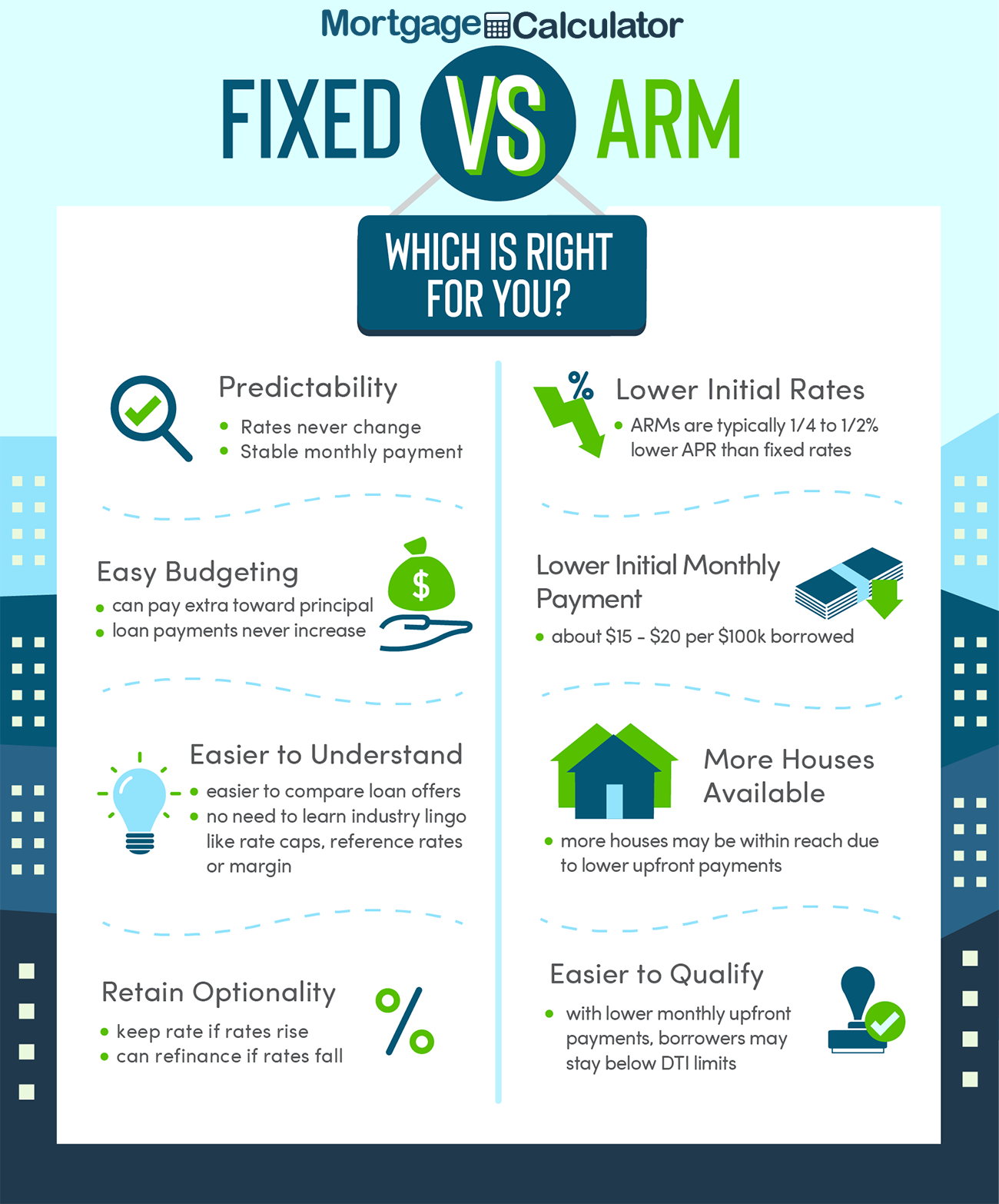One alternative is to simply offer the home to settle the home mortgage, and disperse any leftover funds from the sale to the successors as determined by the will or the laws in your state. If you desire to maintain the home, you'll need to work with the servicer to get the mortgage moved to you.
If there was a reverse home mortgage on the property, the loan quantity becomes due after the death of the debtor. If the successor to the home wishes to maintain the property, they'll need to repay the loan. Otherwise, they can sell the house or turn the deed over to the reverse mortgage servicer to please the financial obligation.
The reverse home loan is a popular technique utilized by older homeowners to take benefit of equity in their homes. Open to homeowners 62 or older, the reverse home mortgage can provide them stable house equity income. Furthermore, the older a homeowner is, the more equity income a reverse mortgage offers in return (what metal is used to pay off mortgages during a reset).
Reverse home loans are offered to house owners fulfilling age requirements and who totally own or have significant equity in their houses. The home protects a homeowner's reverse mortgage. While no payments are made by a house owner with a reverse home mortgage, the mortgage is due upon death. Estate possessions can pay back a reverse home mortgage.

Reverse mortgages are paid back in a number of various methods. In addition to the estate of the deceased, heirs to the reverse mortgaged home can likewise pay back the loan completely. Reverse home mortgage lending institutions often give beneficiaries from 3 to 12 months to repay the loan. If neither the beneficiaries nor the estate repay the loan, the lender typically reclaims the home.

As https://www.reliablecounter.com/blog/making-the-decision-to-buy-a-timeshare-vacation-rental/ lienholders, loan providers can seek foreclosure on the homes securing their loans when they're not paid back. In cases in which a reverse home mortgage loan provider winds up foreclosing, it will try to sell the home to please its loan. Any profits left over after a reverse home loan lender forecloses and sells a house generally go to the deceased borrower's heirs or estate.
The Basic Principles Of When Do Reverse Mortgages Make Sense
By law, reverse home loans are non-recourse loans, implying lenders can't pursue house owner estates or successors for any mortgage deficiencies staying after sale (which mortgages have the hifhest right to payment'). Fortunately, many reverse mortgages fall under the Federal Housing Administration's Home Equity Conversion Home loan program. All FHA-based reverse home loans feature special home loan insurance to cover their lenders must mortgage shortages result when successors sell those homes.
Much like a traditional home loan, there are costs connected with getting a reverse home loan, particularly the Home Equity Conversion Home Mortgage (HECM). These expenses are usually higher than those associated with a conventional mortgage. Here are a couple of charges you can expect. The upfront home mortgage insurance premium (MIP) is paid to the FHA when you close your loan.
If the home costs less than what is due on the loan, this insurance covers the difference so you will not end up undersea on your loan and the loan provider doesn't lose cash on their financial investment. It also secures you from losing your loan if your loan provider fails or can no longer fulfill its responsibilities for whatever factor.
The cost of the in advance MIP is 2% of the appraised worth of the house or $726,535 (the FHA's financing limitation), whichever is less. For example, if you own a home Visit website that's worth $250,000, your in advance MIP will cost around $5,000. Along with an upfront MIP, there is also an annual MIP that accumulates every year and is paid when the loan comes due.
5% of the loan balance. The mortgage origination fee is the quantity of cash a loan provider charges to come from and timeshare business process your loan. This cost is 2% of the very first $200,000 of the house's value plus 1% of the staying value after that. The FHA has actually set a minimum and maximum expense of the origination cost, so no matter what your home is valued, you will not pay less than $2,500 or more than $6,000.
The maintenance fee is a regular monthly charge by the lending institution to service and administer the loan and can cost approximately $35 every month. Appraisals are needed by HUD and identify the market value of your home. While the true cost of your appraisal will depend upon elements like place and size of the house, they normally cost in between $300 and $500.
Some Of What Is A Large Deposit In Mortgages
These expenses may consist of: Credit report costs: $30 $50 Document preparation fees: $50 $100 Carrier fees: $50 Escrow, or closing fee: $150 $800 Title insurance coverage: Depend upon your loan and location There are numerous aspects that influence the rate of interest for a reverse home mortgage, including the loan provider you work with, the type of loan you get and whether you get a fixed- or adjustable rate mortgage (after my second mortgages 6 month grace period then what).
A reverse home mortgage is a way for qualified property owners to take advantage of the equity in their houses to fulfill retirement expenditures. To certify, you must be age sixty-two (62) or over, inhabit the home as your main home, and own the home outright or have enough equity in the house.
The loan accrues interest and other fees that are not due till a trigger occasion takes place. Nevertheless, the borrower is still accountable for home taxes, property owner insurance, homeowner association charges (if any), and maintenance. There are 3 alternatives for loan profits to be dispersed to the debtor: a lump sum, a regular monthly payment quantity, or a home equity credit line.
The borrower no longer utilizes the home as a primary home for more than 12 consecutive months. (A debtor can be far from the home, e. g., in an assisted living home, for approximately 12 months due to physical or mental disorder. If the relocation is irreversible the loan becomes due).
If a making it through spouse is not also a debtor, likely since she/he is under age 62, a federal case, cited in Oregon cases, holds that the lending institution can not foreclose against a making it through spouse non-borrower at the death of the spouse/borrower. Nevertheless, the loan is still due as talked about above. If a home with a reverse home mortgage ends up being subject to probate, the mortgage is still an encumbrance on the residential or commercial property.